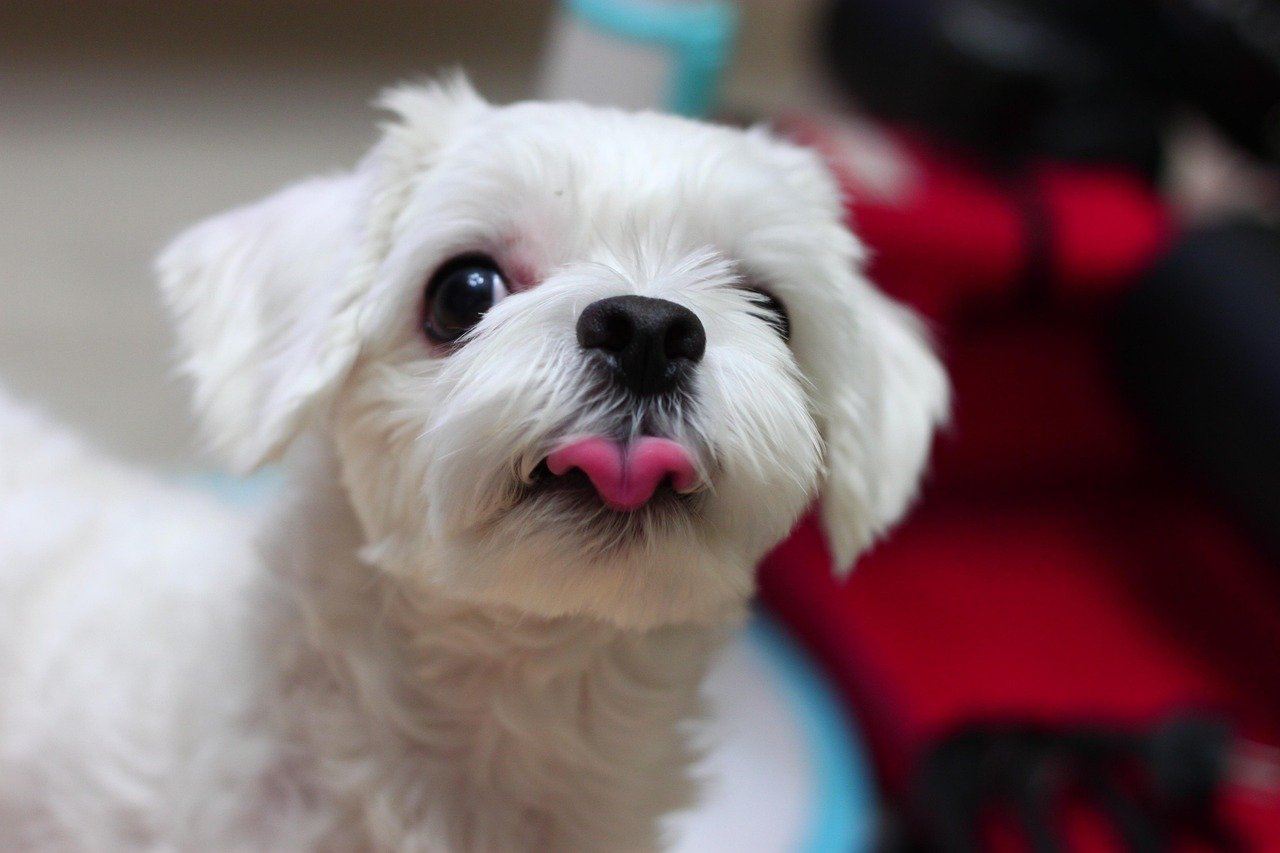Have you ever wondered if your beloved furry friend would make a good guard dog? While many dogs are known for their protective instincts, some breeds are just not cut out for the job. Whether it’s due to their friendly nature, small size, or lack of aggression, certain breeds are better suited for companionship rather than protection. Join us as we explore the 10 worst dog breeds for guarding your home. Prepare to be surprised, and perhaps you’ll see your own pup on the list!
1. Labrador Retriever
Labrador Retrievers are often celebrated for their friendly and outgoing nature. These dogs are known to be extremely sociable and love making friends with everyone they meet, making them less than ideal guard dogs. Their gentle demeanor means they are more likely to greet an intruder with a wagging tail rather than a warning growl. While they make excellent family pets, their tendency to trust strangers makes them unreliable for guarding purposes.
Despite their lack of guarding prowess, Labradors are incredibly intelligent and trainable. They excel in various roles such as therapy dogs, search and rescue, and assistance dogs. Their ability to learn quickly and adapt to different environments makes them wonderful companions. However, if you’re looking for a dog to protect your home, a Labrador Retriever may not be the best choice.
2. Beagle
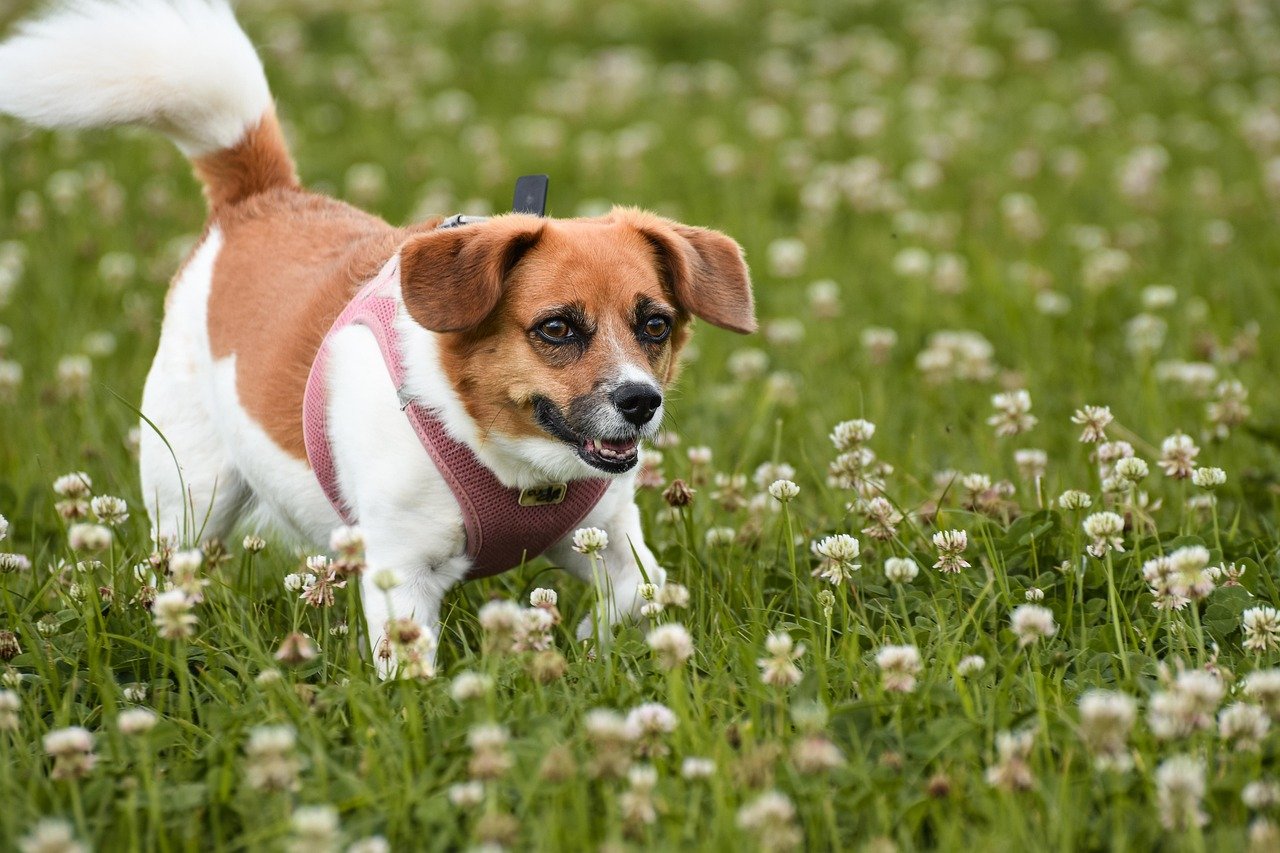
Beagles are known for their inquisitive nature and excellent sense of smell. Originally bred for hunting, these dogs are more likely to follow their nose than to stand guard. Their friendly disposition makes them more inclined to welcome strangers rather than deter them. Beagles are often more interested in exploring their surroundings than keeping a watchful eye on your home.
In addition to their lack of guarding instincts, Beagles are notorious for their howling and barking. While this may seem like a deterrent, their vocalizations are usually a sign of excitement or curiosity rather than aggression. Beagles are playful and energetic, making them great family pets, but their lack of protective instincts means they’re not suited for guarding duties.
3. Basset Hound
With their droopy eyes and long ears, Basset Hounds are known for their laid-back and easygoing nature. These dogs are more likely to be found lounging on the couch than patrolling the perimeter of your home. Their calm temperament makes them excellent companions but poor candidates for guarding.
Basset Hounds have a strong sense of smell and were originally bred for hunting. However, their slow and steady pace means they’re not quick to react to potential threats. Their gentle nature and tendency to befriend strangers make them more suited for a life of leisure rather than guarding your property.
4. Cavalier King Charles Spaniel
The Cavalier King Charles Spaniel is a breed known for its affectionate and gentle nature. These dogs are often referred to as “love sponges” due to their desire for companionship and affection. Their friendly demeanor makes them more likely to seek attention from strangers rather than ward them off.
While they may lack the guarding instincts of other breeds, Cavaliers are known for their loyalty and devotion to their families. They thrive on human interaction and are happiest when they’re surrounded by loved ones. Their small size and friendly disposition make them better suited for cuddling on the couch than guarding the front door.
5. Shih Tzu
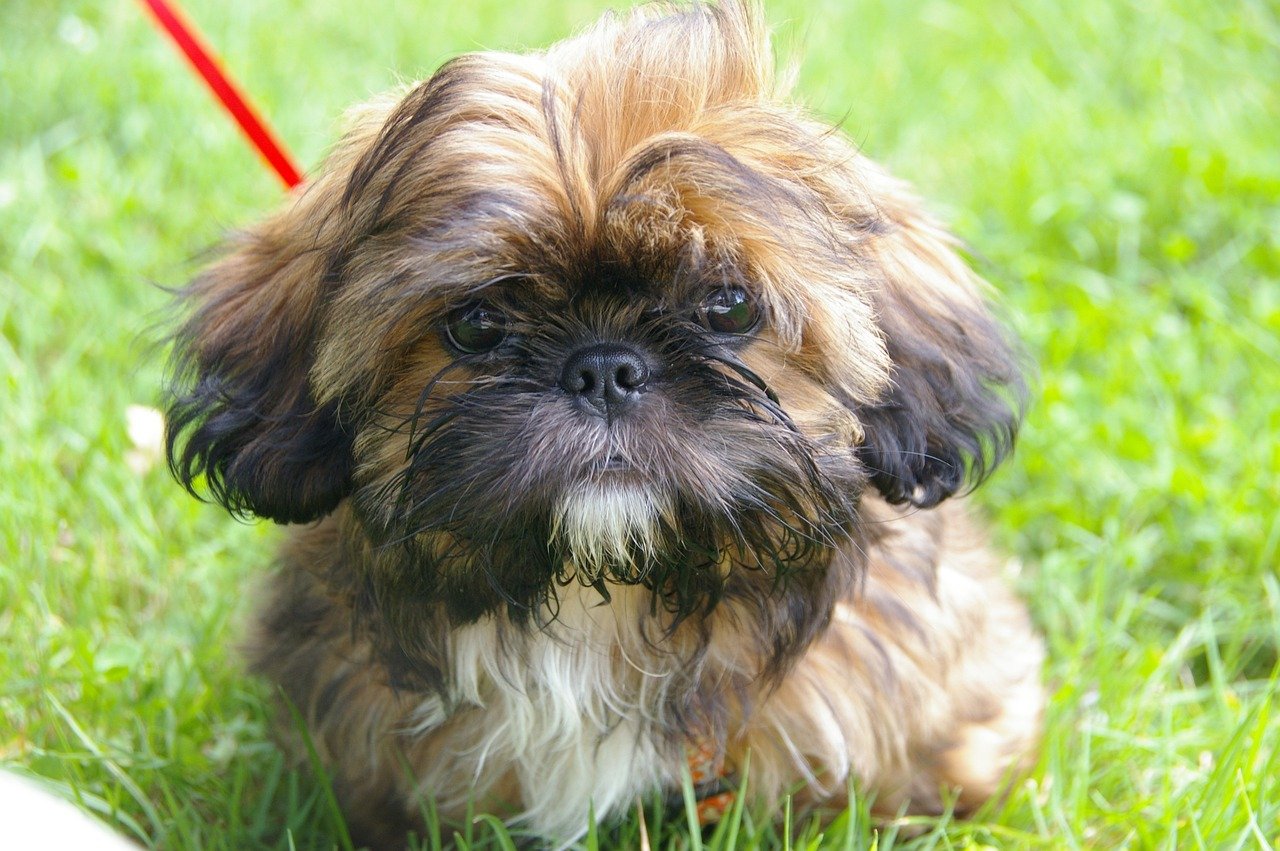
Shih Tzus are known for their charming personalities and luxurious coats. These dogs were originally bred as companion animals for Chinese royalty, and their primary role has always been to provide companionship rather than protection. Shih Tzus are more likely to greet strangers with a wagging tail than a warning bark.
Their small size and friendly nature make them less intimidating to potential intruders. While they may alert you to someone’s presence with a bark, their lack of aggression and protective instincts mean they’re not effective guard dogs. Shih Tzus excel in providing love and companionship, but if you’re looking for a guard dog, this breed may not be the right fit.
6. Pug

Pugs are known for their playful and affectionate nature. These dogs are often described as “clowns” due to their humorous antics and love for entertaining their families. Their friendly and sociable demeanor makes them more likely to seek attention from strangers rather than deter them.
While Pugs may bark at unfamiliar noises, their small size and lack of aggression make them less effective as guard dogs. Pugs are more interested in being the center of attention and enjoying the company of their loved ones. Their charming personalities make them wonderful companions, but they may not be the best choice for guarding your home.
7. Maltese
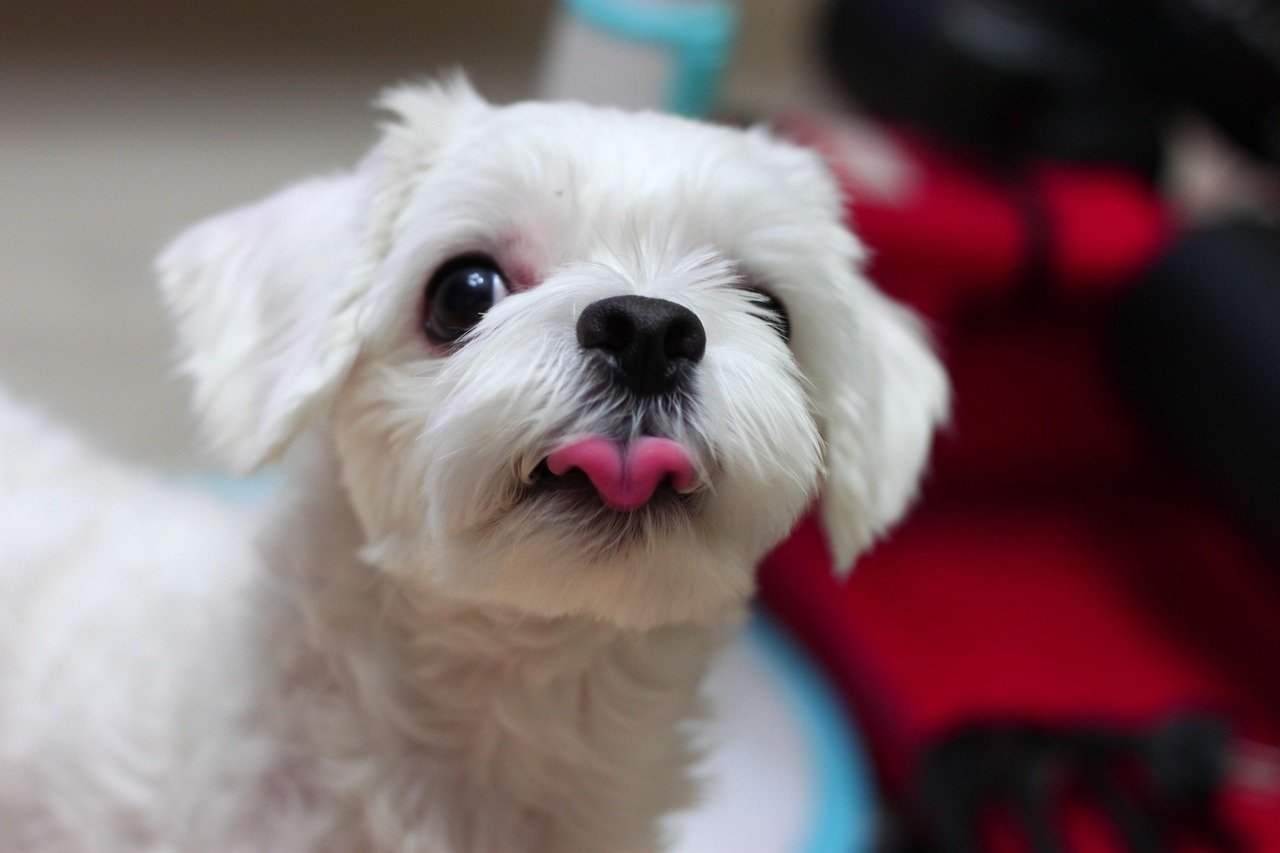
The Maltese is a small breed known for its elegant appearance and affectionate nature. These dogs are often described as “lap dogs” due to their love for cuddling and companionship. Their friendly and gentle demeanor makes them more inclined to welcome strangers rather than ward them off.
Maltese dogs may bark to alert you to someone’s presence, but their small size and lack of protective instincts mean they’re not effective guard dogs. They thrive on human interaction and are happiest when they’re surrounded by their families. While they may not be suited for guarding duties, their loving nature makes them excellent companions.
8. Bulldog
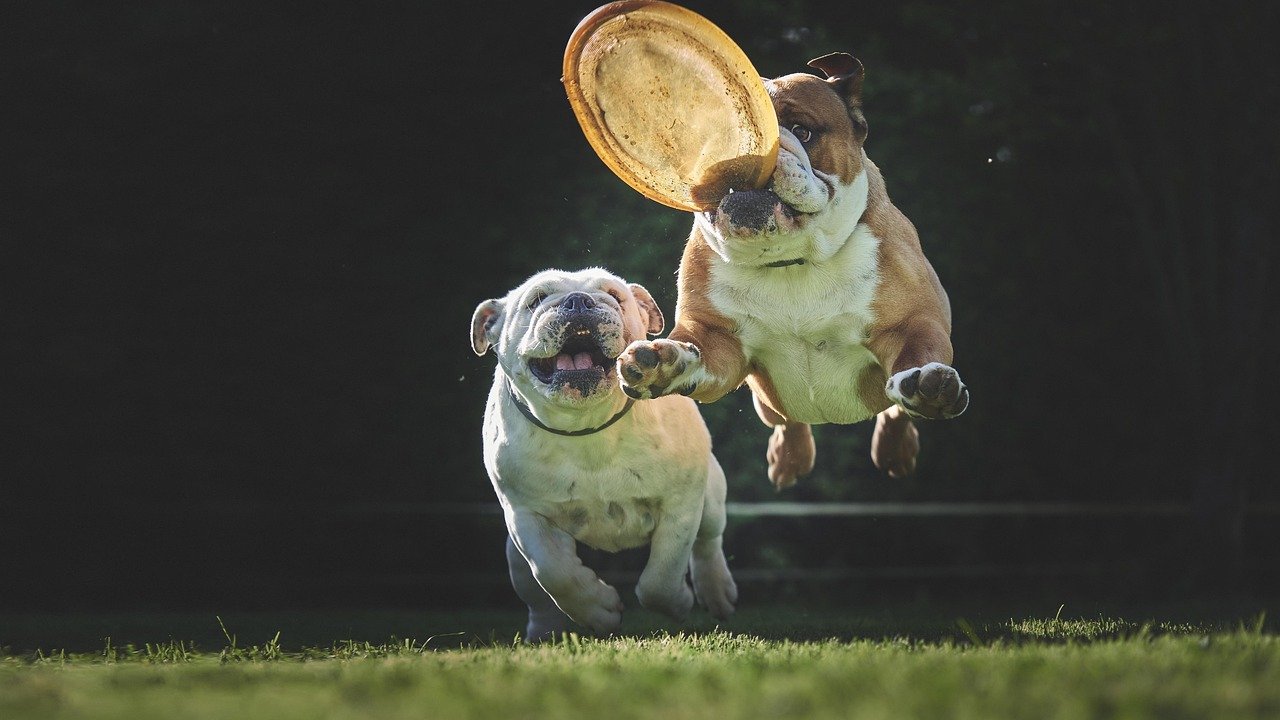
Bulldogs are known for their distinctive appearance and gentle nature. Despite their tough exterior, Bulldogs are often described as “gentle giants” due to their calm and friendly demeanor. Their laid-back attitude makes them more likely to relax on the couch than patrol the perimeter of your home.
While Bulldogs may bark at unfamiliar noises, their lack of aggression and protective instincts mean they’re not effective guard dogs. Bulldogs are more interested in being with their families and enjoying a leisurely lifestyle. Their affectionate nature makes them wonderful companions, but if you’re looking for a guard dog, this breed may not be the right fit.
9. Whippet
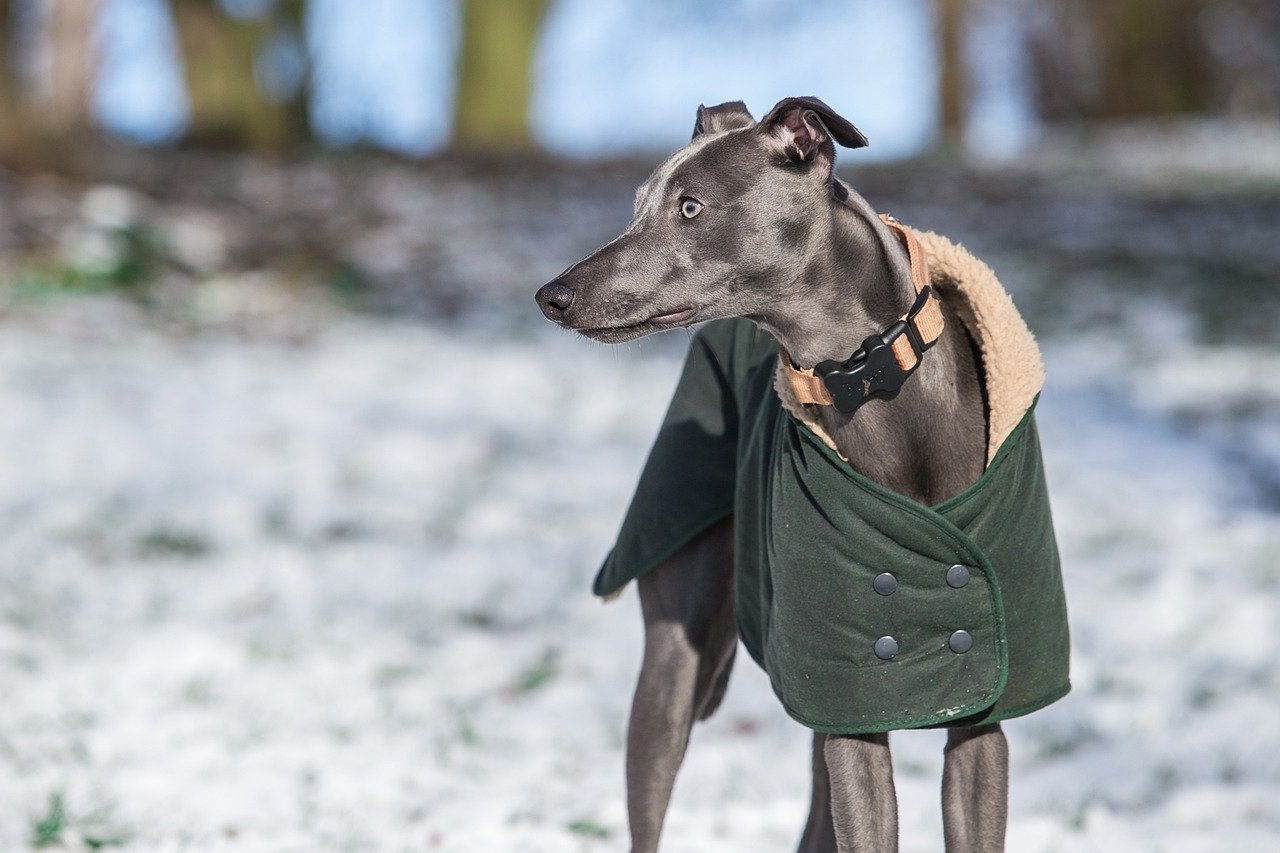
Whippets are known for their speed and agility, but their gentle and friendly nature makes them less effective as guard dogs. These dogs are often described as “couch potatoes” due to their love for lounging and relaxation. Their calm demeanor means they’re more likely to greet strangers with a wagging tail than a warning bark.
Whippets may alert you to someone’s presence with a bark, but their lack of aggression and protective instincts mean they’re not effective guard dogs. They thrive on human interaction and are happiest when they’re surrounded by their families. While they may not be suited for guarding duties, their loving nature makes them excellent companions.
10. Irish Setter
Irish Setters are known for their striking appearance and friendly nature. These dogs are often described as “gentle giants” due to their calm and sociable demeanor. Their love for people means they’re more likely to seek attention from strangers rather than deter them.
While Irish Setters may bark at unfamiliar noises, their lack of aggression and protective instincts mean they’re not effective guard dogs. They thrive on human interaction and are happiest when they’re surrounded by their families. While they may not be suited for guarding duties, their affectionate nature makes them wonderful companions.
In conclusion, while these breeds may not be the best candidates for guarding your home, they make excellent companions in their own right. Their friendly and affectionate natures make them wonderful additions to any family. So, if you’re looking for a loyal and loving companion, consider these breeds for their companionship rather than their guarding abilities. Would you have guessed these breeds would be on the list?

